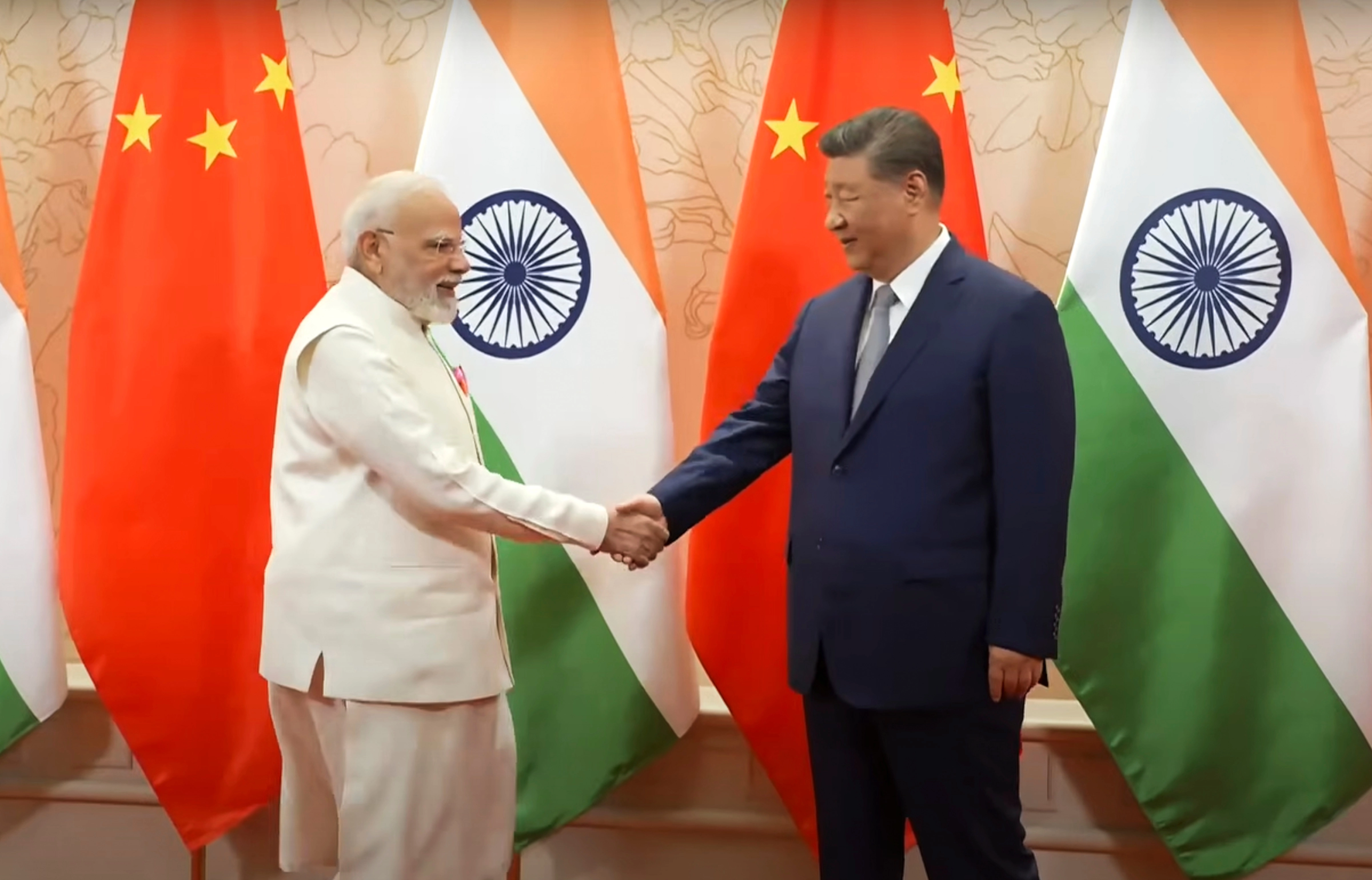Indian Prime Minister Narendra Modi is set to engage in a significant bilateral meeting with Russian President Vladimir Putin, amidst ongoing tensions related to trade policies, particularly the tariffs imposed by former U.S. President Donald Trump. This meeting is critical as it takes place during a time when global trade dynamics are shifting, and countries are reassessing their alliances and economic strategies. The backdrop of rising tariffs has complicated international relations, prompting nations to seek closer ties with one another in a bid to mitigate the impacts of protectionist policies.
The discussions between Modi and Putin will likely address a range of geopolitical issues, including defense cooperation, energy security, and economic collaboration. Both leaders are keen on strengthening their respective nations’ ties, especially considering India’s dependence on Russian military hardware and energy supplies. The bilateral meeting comes at a pivotal moment when India is looking to diversify its defense procurement while maintaining a strategic partnership with Russia, which has been a long-standing ally.
Additionally, the meeting is expected to touch upon broader regional issues, including the situation in Afghanistan and the ongoing tensions in the Indo-Pacific region. Modi and Putin may also explore avenues for enhancing trade relations, potentially countering the adverse effects of U.S. tariffs that have affected both countries. By forging deeper connections, India and Russia aim to create a more robust economic framework that can withstand external pressures.
This bilateral engagement highlights the importance of diplomacy in navigating the complex landscape of international trade and politics. As both leaders work to solidify their partnerships, the outcomes of this meeting could have far-reaching implications for global trade relations, particularly in the context of U.S. foreign policy. The Modi-Putin dialogue serves as a reminder of the necessity for countries to adapt and collaborate in an increasingly interconnected world, where economic interests often dictate the course of diplomatic relations.




